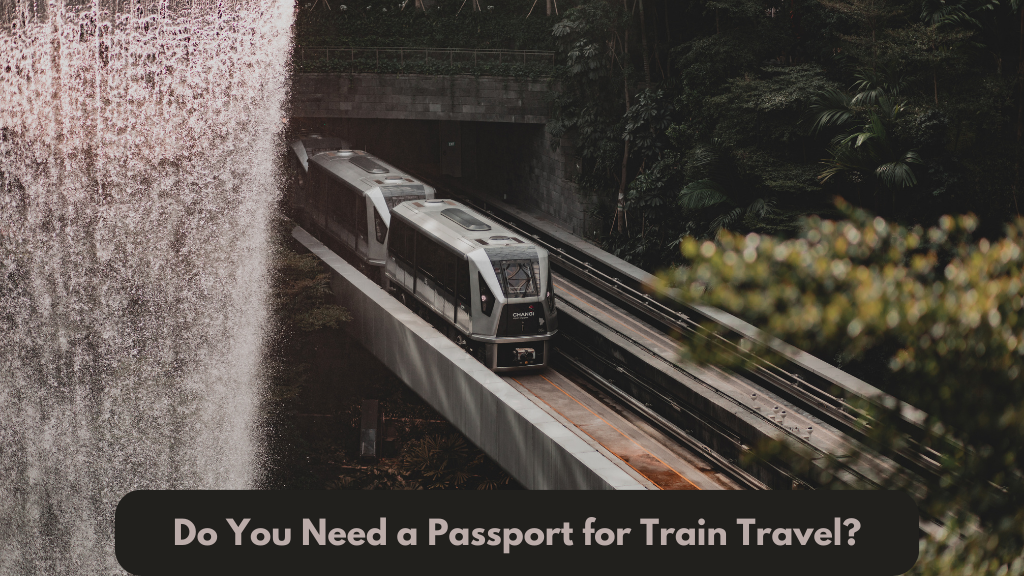
When it comes to train travel, one common question that arises is whether a passport is required. The answer to this question depends on several factors, including the type of train travel, whether it’s domestic or international, and the specific countries involved. In this article, we will explore the requirements for passports and other forms of identification when traveling by train.
Do you need a passport for train travel?
For domestic train travel within a single country, a passport is generally not required. However, for international train travel, a passport is usually mandatory. This is particularly true when crossing national borders, as authorities typically require passengers to present a valid passport for immigration purposes.
Amtrak, the national railway service in the United States, states on its official website that all passengers traveling internationally are required to have a passport. This applies to journeys that involve crossing the US-Canadian border or traveling to other countries served by Amtrak.
In Europe, the requirements may vary depending on the country. For example, in Spain, it may be a legal requirement to carry identification while traveling by train, but a passport may not always be explicitly checked. However, it’s important to note that requirements can change, and it’s always best to check with the specific railway operator or consult official government sources for the most up-to-date information.
What other forms of ID do I need for train travel?
In addition to a passport, other forms of identification may be required for train travel, especially for international journeys. These can include government-issued identification cards, such as driver’s licenses, national ID cards, or military IDs. It’s advisable to carry at least one form of official photo identification when traveling by train, even for domestic trips, as it may be required for ticket purchases, security checks, or other purposes.
Do they check passports on trains in Europe?
Passport checks on trains in Europe can vary depending on the country and specific route. In some cases, such as international journeys or travel between countries within the Schengen Area, passport checks may be conducted by immigration officials at the borders. However, for many domestic train journeys within a single country or within the Schengen Area, passport checks may not be routinely carried out.
It’s important to note that even if passport checks are not conducted on the train itself, carrying a passport is still advisable. This is because there may be situations where identification is required, such as during ticket inspections or if requested by law enforcement authorities.
Final thoughts on do you need a passport for train travel
The need for a passport when traveling by train depends on various factors, including the type of train travel and the countries involved. For international train travel, a passport is generally required, especially when crossing national borders. It’s essential to check the specific requirements of the railway operator and the countries you plan to visit before embarking on your journey.
Even for domestic train travel, it’s advisable to carry at least one form of official photo identification. This ensures compliance with ticketing requirements and facilitates any necessary identification checks during your journey. Remember to stay informed about the latest travel regulations and requirements to ensure a smooth and hassle-free train travel experience.
